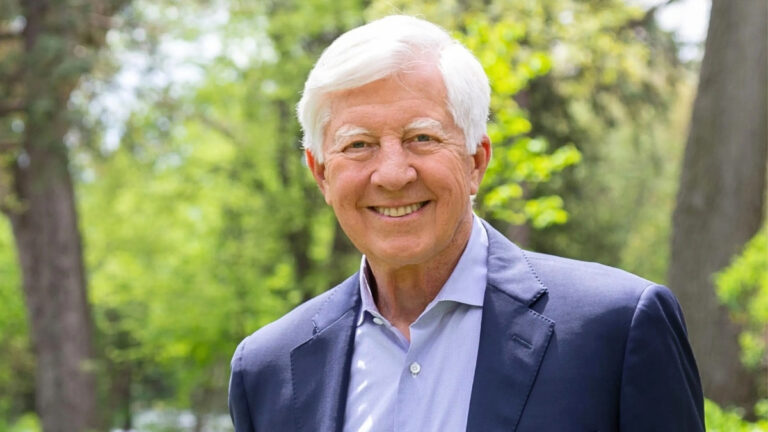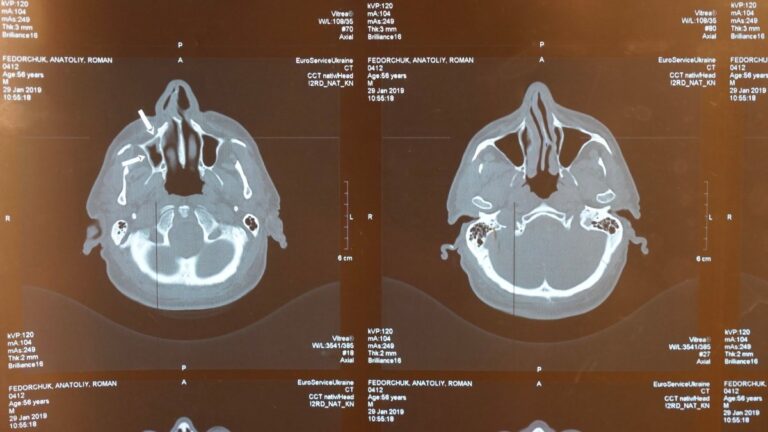This Single Vitamin Can Sharpen Your Memory, Strengthen Bones, AND Boost Immunity After 60.

While most people associate vitamin D with strong bones, groundbreaking research reveals this “sunshine vitamin” may be the closest thing to a fountain of youth for your brain, bones, and immune system after 60. Scientists now know it does far more than help calcium absorption. It’s like a master key that opens doors to better health in three critical areas.
You forget where you put your keys. You worry about falling and breaking a hip. You catch every cold that goes around the neighborhood. These problems might seem unrelated, but they could all trace back to one simple issue: vitamin D deficiency.
The vitamin d benefits after 60 are more powerful than most seniors realize. Your aging body needs more vitamin D than younger people, but it’s also worse at making and using it. This creates a perfect storm that affects millions of older adults.
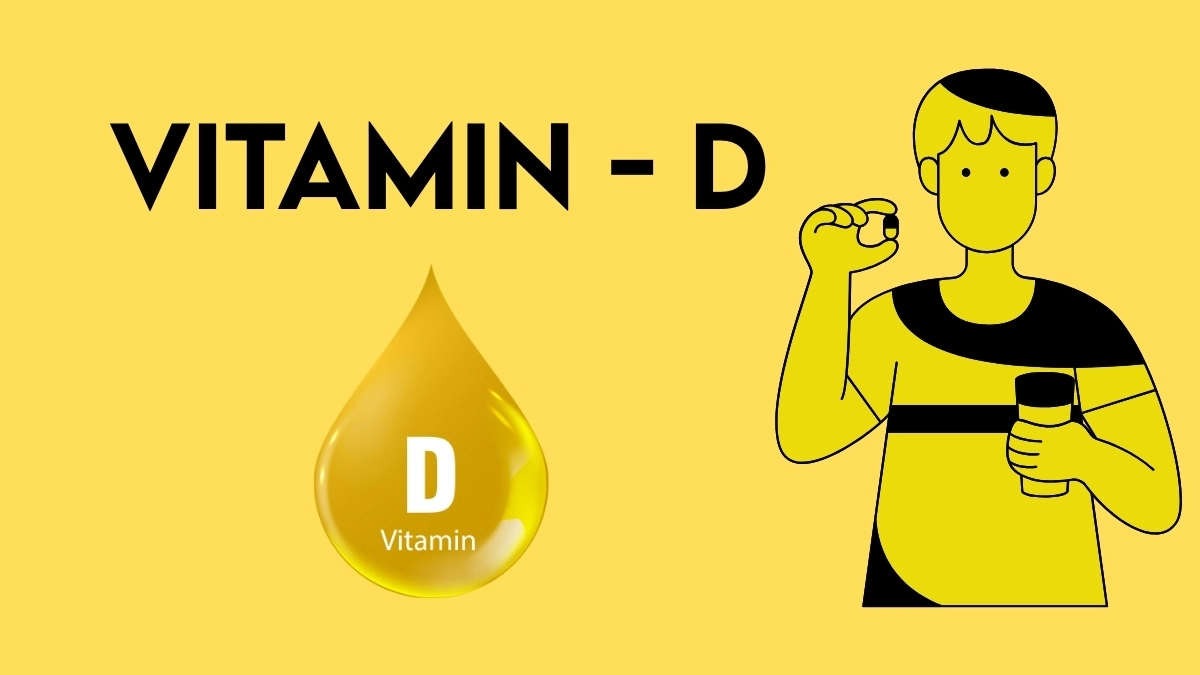
Here’s what you’ll learn in this guide. You’ll discover the science behind vitamin D’s triple benefits for your brain, bones, and immune system. You’ll find out how to identify if you’re deficient and what symptoms to watch for. Most importantly, you’ll get practical steps to optimize your levels safely and effectively.
The best part? Unlike many age-related health issues, vitamin D deficiency is completely fixable. Simple changes can help you think more clearly, strengthen your bones, and fight off infections better. Let’s start with why this vitamin becomes so critical as you age.
Why Vitamin D Becomes Critical After Age 60
Your body changes as you age. And one of the biggest changes happens with vitamin D. Most people over 60 don’t get enough of this vital nutrient. Here’s why this becomes a real problem.
Your skin loses its power to make vitamin D. By age 70, your skin makes 75% less vitamin D than it did when you were 20. Think of it like a factory that’s slowing down production. The raw materials are still there, but the machinery isn’t working as well.
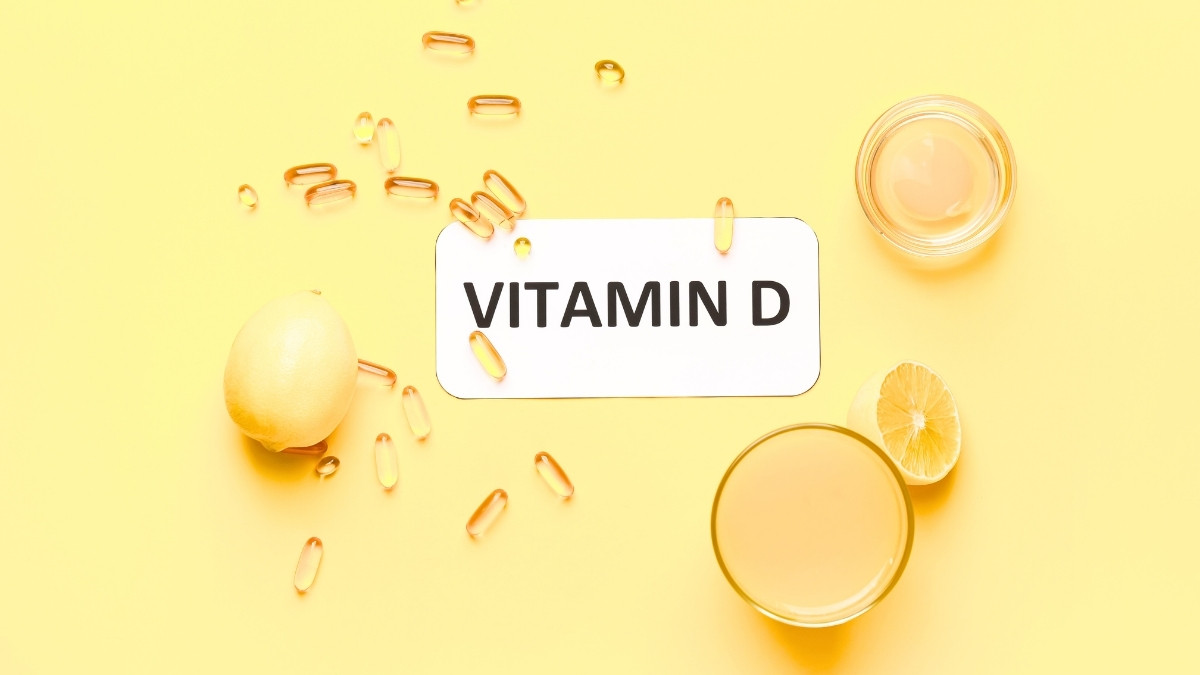
Your gut also struggles to absorb vitamin D from food and supplements. This absorption drops by 40% as you hit your 70s. So even if you’re taking supplements, your body might not be using them properly.
Most seniors spend more time indoors. Limited sun exposure cuts vitamin D production by 90%. Even 30 minutes outside can make a huge difference. But many older adults stay inside due to mobility issues or weather concerns.
Many common medications make the problem worse. Blood thinners, steroids, and cholesterol drugs can block vitamin D absorption. If you take multiple medications, your risk of vitamin d deficiency seniors increases even more.
The numbers tell a scary story. About 80% of seniors have low vitamin D levels. That’s 4 out of 5 people over 60. This isn’t just a minor health issue – it’s an epidemic.
Take Sarah, a 65-year-old retired teacher. She felt tired all the time and caught every cold going around. Her doctor found her vitamin D level was only 12 ng/mL. Normal levels should be at least 30 ng/mL. After three months of proper supplementation, her energy returned and she stopped getting sick so often.

Compare two 70-year-olds. John spends most days indoors watching TV. His vitamin D level is 15 ng/mL. Mary gardens daily and takes walks outside. Her level is 35 ng/mL. Mary has stronger bones, better memory, and gets sick less often than John.
The connection between aging and vitamin d absorption creates a perfect storm. Your body needs more vitamin D as you age, but it gets less effective at making and using it. This is why vitamin D becomes so critical after 60.
Without enough vitamin D, your memory suffers. Your bones weaken. Your immune system can’t fight off infections. But here’s the good news – you can fix this problem once you know what to do.
How Vitamin D Sharpens Memory and Protects Your Brain
You walk into a room and forget why you’re there. You struggle to remember names or where you put your keys. These memory lapses scare you because you wonder if it’s the start of something worse.

Here’s what most people don’t know: your brain is packed with vitamin D receptors. These receptors sit in the areas that control memory and thinking. When you don’t have enough vitamin D, these brain areas can’t work properly.
Vitamin D helps your brain make important chemicals called neurotransmitters. Two of the most important ones are serotonin and dopamine. These chemicals help you think clearly and remember things better.
Your brain also uses vitamin D to fight inflammation. As you age, inflammation damages brain cells and slows down your thinking. Vitamin D acts like a shield, protecting your brain from this damage.
The research proves vitamin d memory improvement seniors is real. A University of Kentucky study tested older adults before and after vitamin D treatment. Their processing speed improved by 17% in just six months.
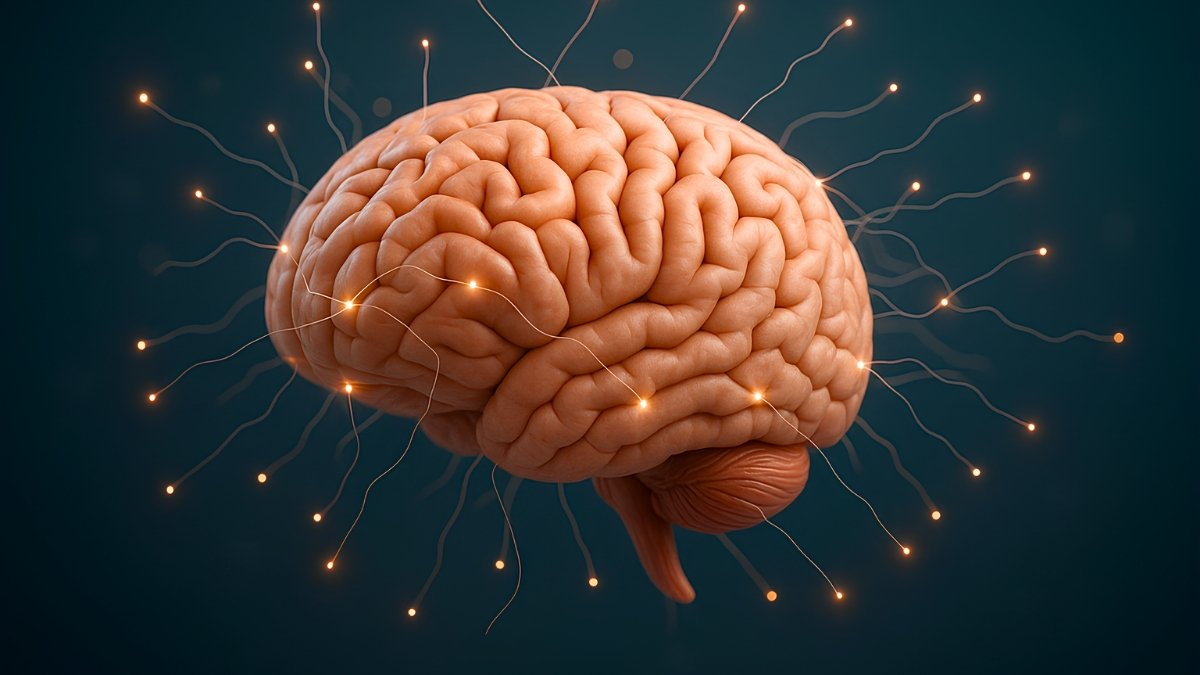
Another study followed 3,000 seniors for five years. Those with the highest vitamin D levels had 30% lower risk of memory decline. Their brains aged slower than people with low levels.
Brain scans show the difference too. Seniors with good vitamin D levels have stronger white matter in their brains. White matter connects different brain areas and helps them talk to each other.
Take Robert, a 68-year-old accountant. He scored poorly on memory tests and felt mentally foggy. His vitamin D level was 18 ng/mL. After raising it to 45 ng/mL, he scored 25% better on the same tests six months later.
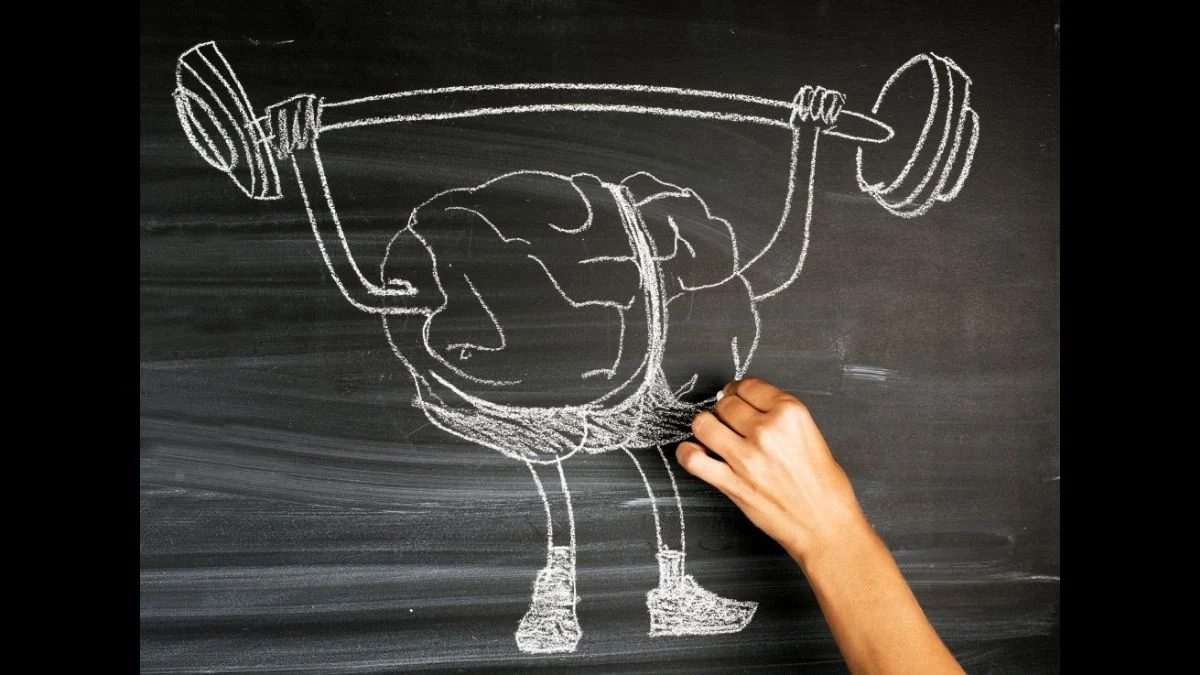
The cognitive benefits vitamin d elderly experience are specific and measurable. Word recall improves first. Then comes better focus and faster thinking. Many people notice changes within 8-12 weeks of fixing their levels.
Maria, age 72, couldn’t remember her grandchildren’s birthdays anymore. After three months of proper vitamin D doses, she could recall not just dates but also what gifts she’d bought them years ago.

The memory improvements aren’t huge overnight changes. But they’re steady and real. You might find it easier to follow conversations or remember where you parked your car.
Your brain needs vitamin D to stay sharp as you age. The good news is that unlike some age-related changes, this one is fixable. Get your levels right, and your memory can improve at any age.
The Bone-Building Power Beyond Calcium
You take calcium pills every day but still worry about breaking a hip. You drink milk and eat cheese but your bones keep getting weaker. Here’s the missing piece: calcium can’t work without vitamin D.
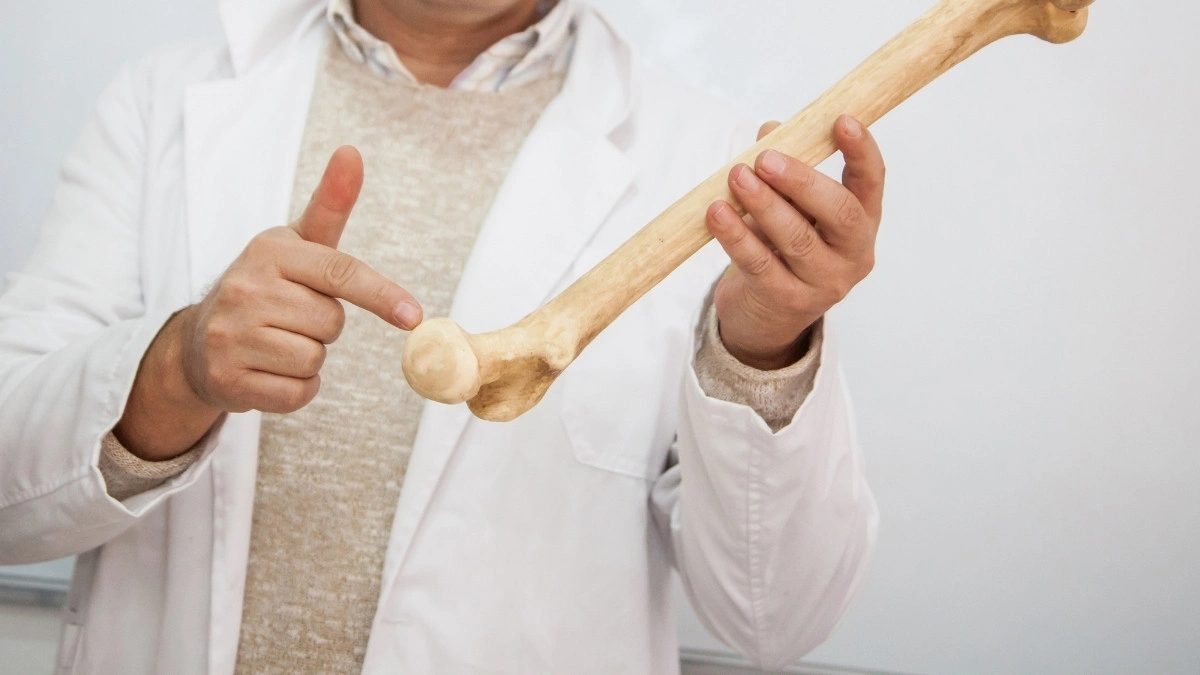
Think of calcium like building blocks and vitamin D like the construction worker. Without the worker, the blocks just sit there doing nothing. Your gut can only absorb about 10-15% of calcium without vitamin D.
When you have enough vitamin D, your body absorbs 3 times more calcium from food and supplements. This means that 500mg calcium pill actually works like a 1,500mg dose when your vitamin D levels are right.
Vitamin D also controls your parathyroid hormone. This hormone decides whether your body builds up bone or tears it down. Low vitamin D makes this hormone go haywire and start stealing calcium from your bones.
The numbers show how important vitamin d bone health elderly really is. People with good vitamin D levels have 19% fewer fractures than those with low levels. That’s nearly 1 in 5 fractures that could be prevented.
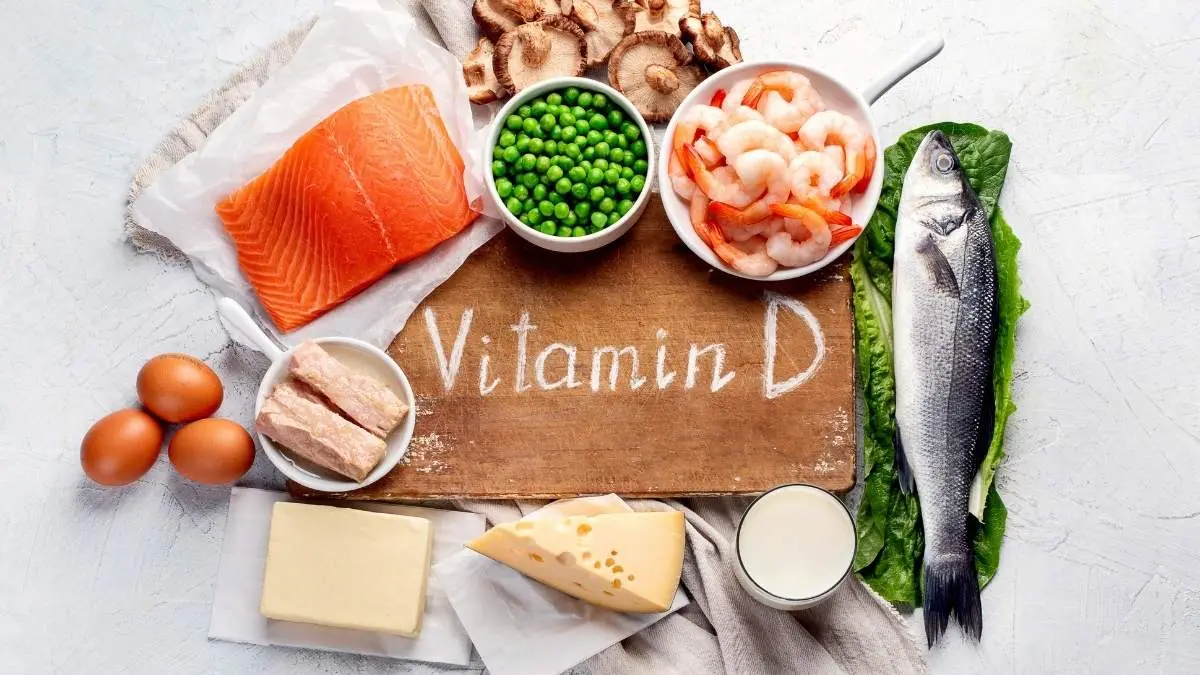
Here’s a scary fact: 40% of hip fractures happen in people with vitamin D deficiency. Hip fractures are serious – many people never fully recover from them. Some never walk again.
Vitamin D doesn’t just help your bones absorb calcium. It also makes your muscles stronger. Strong muscles protect your bones by improving balance and preventing falls. Weak muscles lead to more falls and more broken bones.
Your bones are living tissue that rebuilds itself every day. Give them the vitamin D they need, and they’ll stay strong well into your 80s and 90s. Skip it, and even the best calcium supplements won’t help much.

The best part? You can measure your progress. DEXA scans can show bone improvements in as little as 6-12 months when you fix vitamin D deficiency. Your bones can get stronger at any age when you give them what they need.
Warning Signs You’re Not Getting Enough
You feel tired all the time but can’t figure out why. You sleep 8 hours but wake up exhausted. Everyone says it’s just normal aging, but something feels wrong.

Vitamin d deficiency symptoms seniors experience are often blamed on getting older. Doctors miss them because they seem like typical age-related complaints. But these signs are your body asking for help.
The most common sign is bone-deep fatigue that sleep doesn’t fix. You feel like you’re running on empty even after a full night’s rest. This isn’t normal tiredness – it’s your cells struggling to make energy without enough vitamin D.
You catch every cold and flu that goes around. Minor infections that used to clear up quickly now linger for weeks. Your immune system needs vitamin D to fight off germs properly.
Your muscles ache and feel weak for no clear reason. Getting up from chairs becomes harder. Climbing stairs leaves you winded. This muscle weakness happens because vitamin D helps your muscles work correctly.
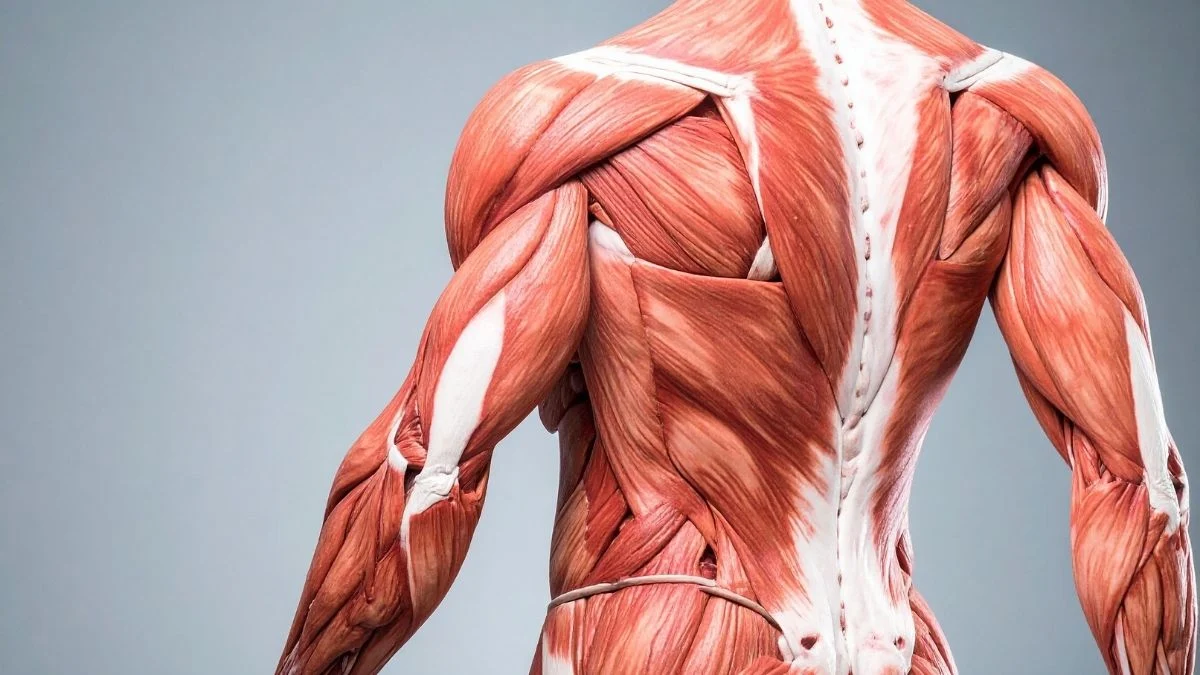
These symptoms creep up slowly over months or years. You might blame them on arthritis, stress, or just getting older. But they could all point to one fixable problem.
Get tested immediately if you have three or more of these symptoms. Don’t wait for your annual checkup. A simple blood test can tell you if vitamin D deficiency is behind your health problems.
The good news is that most people feel better within 6-8 weeks of fixing their vitamin D levels. Energy returns first, then mood improves, and finally muscle strength comes back. Your body is designed to heal when you give it what it needs.
Lastly,
You now know the truth about vitamin D. It’s not just about bones anymore. This single vitamin can sharpen your memory, strengthen your skeleton, and boost your immune system when you need it most.

The vitamin d benefits after 60 become more critical with each passing year. Your body makes less vitamin D naturally and absorbs it less efficiently from supplements. But here’s the good news: once you know this, you can fix it.
Simple testing and supplementation can transform your health in ways you might not expect. Many people see improvements in energy, mood, and mental clarity within just a few weeks. Bone strength and immune function take longer but the changes are real and measurable.
Small daily actions yield significant long-term results. Taking a vitamin D3 supplement costs less than a dollar a day. Getting your levels tested twice a year takes 10 minutes. These tiny steps can prevent memory loss, broken bones, and serious infections.

You don’t have to accept fatigue, frequent colds, or bone loss as normal parts of aging. Many of these problems trace back to vitamin D deficiency, which is completely preventable and treatable.
Schedule your 25-hydroxyvitamin D test this week and discuss optimal dosing with your healthcare provider. Don’t wait for your next annual checkup. Your brain, bones, and immune system will thank you for taking action now.
The fountain of youth might not exist, but optimal vitamin D levels come pretty close. Give your body what it needs to stay strong, sharp, and healthy well into your golden years.

